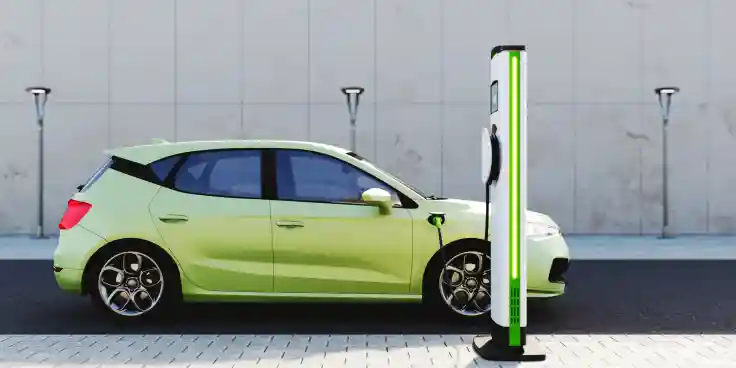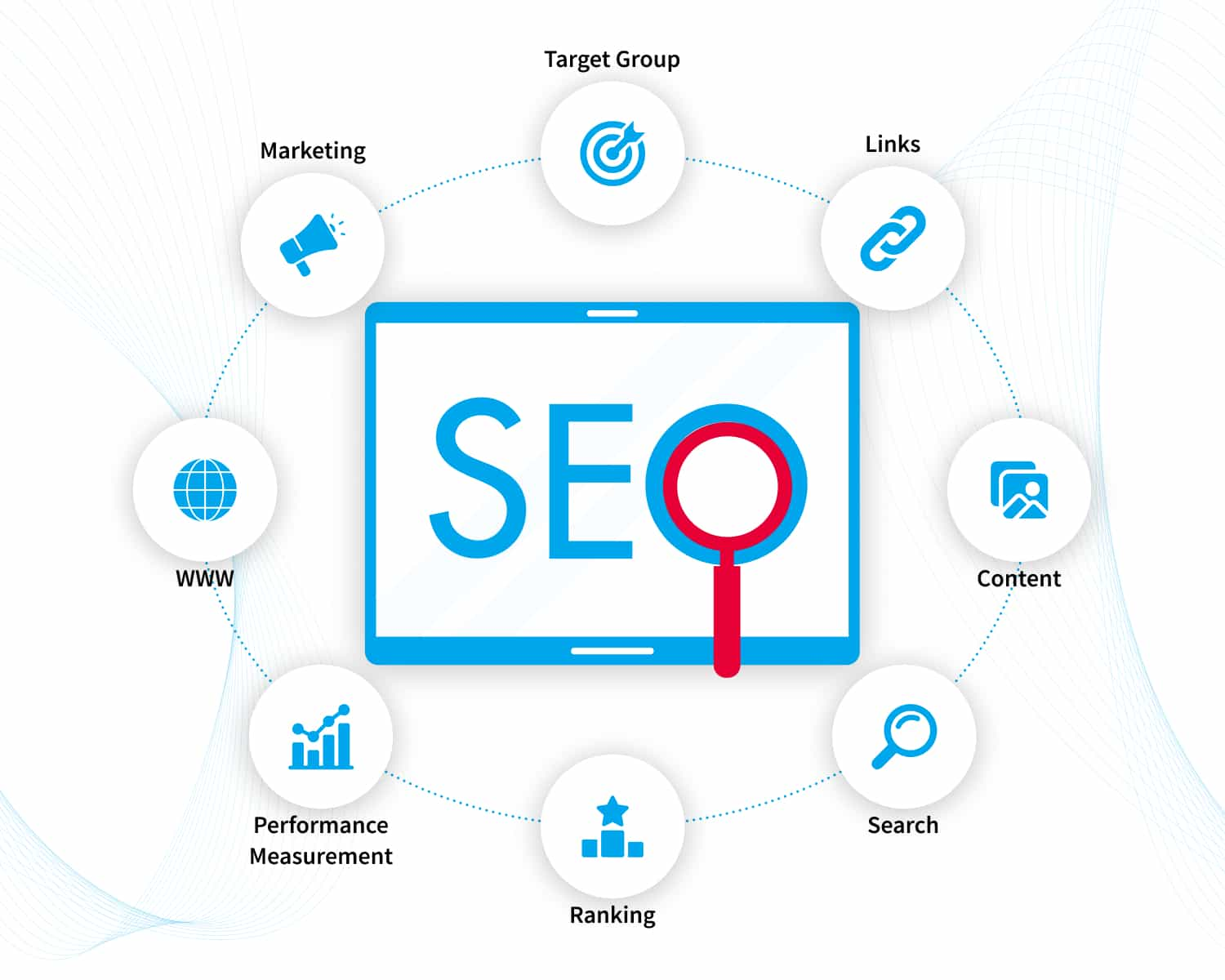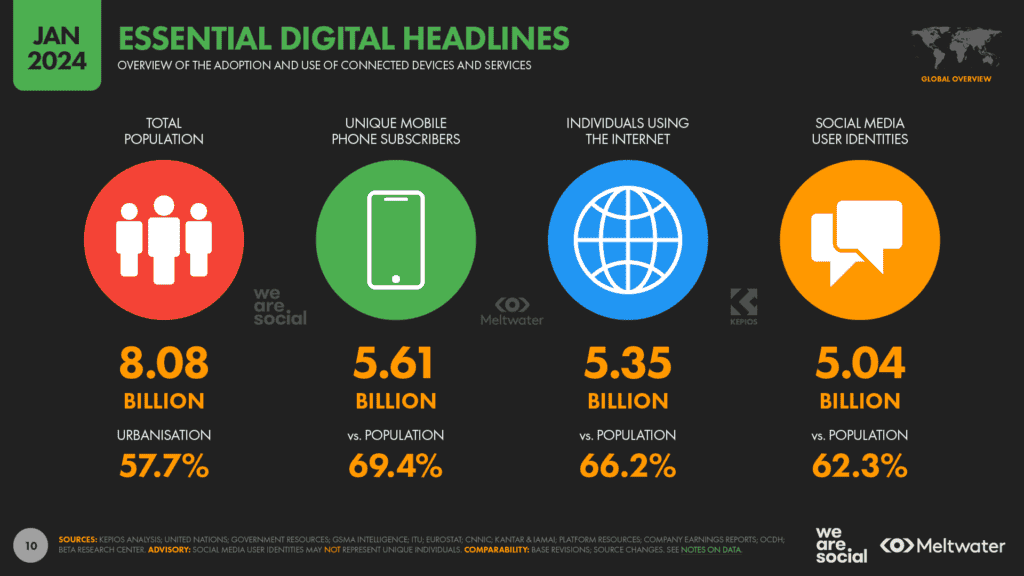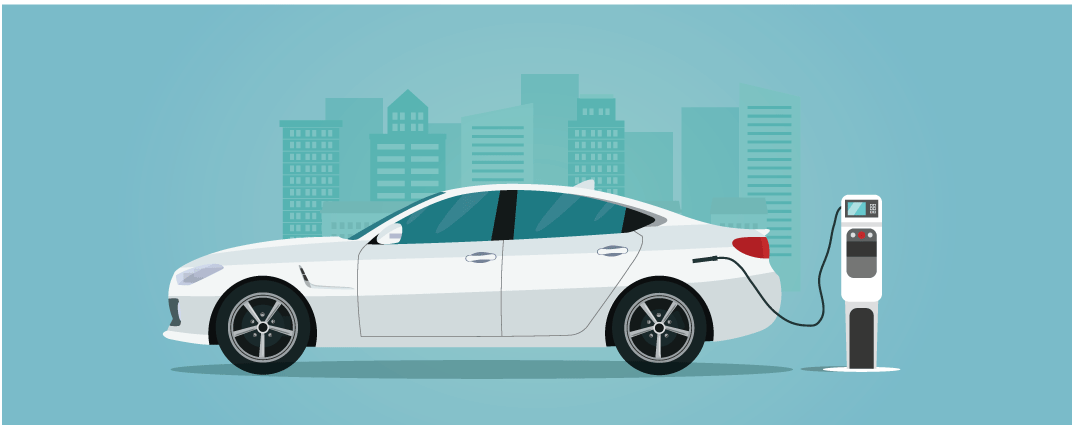How Startups Are Driving EV Adoption Forward
Mia Anderson

Photo: How Startups Are Driving EV Adoption Forward
The global push for sustainability and the fight against climate change have put electric vehicles (EVs) at the forefront of innovation in the transportation industry. While major automotive companies like Tesla, Ford, and Volkswagen dominate headlines, startups are emerging as the true trailblazers driving EV adoption forward. These smaller, nimble players are addressing key challenges such as affordability, charging infrastructure, and technological innovation, making EVs accessible to the masses and accelerating the transition to a greener future.
The Current State of EV Adoption
Electric vehicles have experienced significant growth in recent years. According to the International Energy Agency (IEA), global EV sales surpassed 10 million units in 2022, marking a 55% increase from the previous year. Despite this progress, EVs still account for less than 10% of all vehicles on the road worldwide. Several barriers, including high upfront costs, limited charging infrastructure, and range anxiety, continue to deter potential buyers.
Startups are uniquely positioned to tackle these challenges, leveraging their agility, innovative approaches, and customer-centric strategies. They are not only competing with traditional automakers but also collaborating with them to drive widespread EV adoption.
How Startups Are Innovating in the EV Space
1. Affordable EV Models
One of the primary hurdles for EV adoption is cost. While legacy automakers focus on high-end EV models, startups are prioritizing affordability. Companies like Rivian and NIO are developing electric SUVs and sedans that balance performance and price. Meanwhile, startups such as Ola Electric in India are revolutionizing the market with budget-friendly electric scooters, catering to cost-sensitive regions.
By focusing on affordability, these startups are helping bridge the gap between consumer demand and financial accessibility, ensuring EVs are not limited to wealthy early adopters.
2. Expanding Charging Infrastructure
Charging infrastructure is another significant barrier to EV adoption. Startups are stepping up to address this issue by creating innovative solutions that make charging faster, more convenient, and widely available. For instance:
- ChargePoint and EVgo are building extensive charging networks in urban and rural areas.
- Volta Charging integrates advertising with free charging stations, lowering costs for users while increasing accessibility.
- Startups like SparkCharge offer portable charging units, enabling EV owners to charge their vehicles anywhere.
These efforts are not only reducing range anxiety but also providing the foundation for a robust EV ecosystem.
3. Pioneering Battery Technology
The performance and range of EVs heavily depend on battery technology. Startups are leading advancements in this area by exploring new materials, chemistries, and manufacturing processes. Companies such as QuantumScape and Solid Power are working on solid-state batteries, which promise higher energy density, faster charging, and enhanced safety compared to traditional lithium-ion batteries.
Additionally, recycling-focused startups like Redwood Materials are addressing the environmental impact of battery production by developing sustainable methods for reusing and repurposing EV batteries.
4. Innovative Business Models
Startups are reimagining how EVs are sold and used, introducing novel business models that appeal to modern consumers. Examples include:
- Subscription-Based Models: Companies like Onto in the UK offer EV subscriptions, allowing users to access a vehicle without long-term commitments.
- Peer-to-Peer Sharing: Platforms like Turo and Getaround enable EV owners to rent out their vehicles, promoting shared mobility and reducing the cost of ownership.
- Fleet Electrification: Startups are collaborating with businesses to electrify fleets, from delivery vans to ride-sharing vehicles, ensuring that commercial transportation also benefits from EV adoption.
5. Localized Solutions for Emerging Markets
Emerging markets often face unique challenges, such as inadequate infrastructure and lower purchasing power. Startups are developing localized solutions to overcome these hurdles. For example:
- In Africa, startups like Ampersand are manufacturing affordable electric motorcycles tailored to the needs of local communities.
- In Southeast Asia, companies are focusing on electrifying tuk-tuks and three-wheelers, which are widely used for public transportation.
By addressing the specific needs of these markets, startups are helping to ensure that EV adoption is a global phenomenon.
The Role of Collaboration and Policy Support
While startups are driving much of the innovation in the EV space, their success often depends on collaboration with other stakeholders. Partnerships with governments, established automakers, and technology firms are crucial for scaling their solutions and achieving widespread impact.
Governments play a pivotal role by offering incentives, subsidies, and infrastructure investments to support EV adoption. For example, the U.S. Inflation Reduction Act includes provisions to boost domestic EV production and expand charging networks, creating opportunities for startups to thrive.
Similarly, collaborations with legacy automakers allow startups to leverage existing resources while introducing fresh ideas. For instance, Rivian’s partnership with Amazon to produce electric delivery vans showcases how startups and established corporations can work together for mutual benefit.
Challenges Startups Face
Despite their innovative potential, startups face numerous challenges in the EV sector:
- Capital Requirements: Developing EVs and infrastructure is capital-intensive, and securing funding can be a hurdle for smaller companies.
- Regulatory Hurdles: Navigating complex regulations and standards across different regions can slow down progress.
- Competition: With major automakers increasingly focusing on EVs, startups must differentiate themselves to stay relevant.
Overcoming these obstacles requires strategic planning, robust partnerships, and a clear value proposition.
The Future of EV Adoption
The contributions of startups to EV adoption are undeniable. As these companies continue to innovate and address key barriers, the future of electric mobility looks increasingly promising. Analysts predict that EVs could account for more than 50% of global vehicle sales by 2035, driven in large part by the efforts of startups.
By prioritizing affordability, accessibility, and sustainability, startups are not only making EVs a viable option for consumers today but also paving the way for a greener tomorrow. Their role as disruptors and collaborators will be critical in achieving a clean-energy transition.
Conclusion
Startups are the driving force behind the rapid adoption of electric vehicles, tackling challenges that have long hindered progress in the industry. Through affordable models, innovative technology, and creative business approaches, they are making EVs more accessible and appealing to a broader audience. While challenges remain, the resilience and ingenuity of startups, combined with supportive policies and partnerships, position them as key players in the shift towards sustainable transportation.
For those considering a move to EVs, these startups offer compelling reasons to make the switch, proving that the journey to a cleaner future is not just a vision but an achievable reality.
Marketing
View All
January 25, 2025
SEO’s Role in Digital Marketing StrategyDive into the importance of SEO in crafting a digital marketing strategy that works. Rank higher and drive organic traffic today!
Mia Anderson

January 23, 2025
Social Media in Digital Marketing 2024Learn how social media is revolutionizing digital marketing in 2024. Boost your brand with actionable tips for viral campaigns!
Mia Anderson

January 23, 2025
10 Content Strategies for Digital SuccessCreate winning content with these 10 proven digital marketing strategies. Enhance engagement and conversions starting today!
Mia Anderson
Entertainment
View AllDiscover the essential steps to becoming a video game tester in 2024. Learn the skills, qualifications, and tips needed to start your gaming career today.
Mia Anderson
Discover top tips for attending music festivals in 2024. Learn how to prepare, stay safe, and enhance your festival experience. Read more to get ready!
Mia Anderson
Explore the essence of indie films in 2024. Learn how they stand out from mainstream cinema. Read now to dive into the world of indie filmmaking!
Mia Anderson
Explore the latest trends in fan fiction for 2024. Learn what fan fiction is, its impact on media, and why it’s a thriving creative outlet. Read now!
Mia Anderson
Automotive
View AllExplore resale value trends for electric vehicles and what buyers can expect when selling their EV in the future.
Read MoreExplore the impact of traditional automakers shifting to EV production. How are legacy brands adapting to the green revolution?
Read MoreExplore the positive impact of EV adoption on urban air quality. See how EVs are cleaning the air in cities worldwide.
Read MorePolular🔥
View All
1
2
3
4
5
6
7
8
9
10
News
View AllAugust 13, 2024
The Ultimate Guide to Google Advertising: Secrets to Skyrocket Your Success
Read MoreTechnology
View All
December 5, 2024
These Tech Trends Are Changing the Game – Get Ahead of the Curve!
Stay ahead of the tech curve! Discover the latest trends shaping the industry. Click to explore and be the first to embrace the future.

December 9, 2024
The Best Noise-Canceling Headphones for Travel in 2024
Travel in peace with the ultimate noise-canceling headphones! Our guide helps you choose the perfect pair. Click to discover and enjoy a quiet journey.

September 16, 2024
Smart Home Automation in 2024: Top Trends Shaping the Future
Discover the latest smart home automation trends for 2024. Learn how AI, energy efficiency, and enhanced security are transforming modern living. Read more now!
Tips & Trick






















